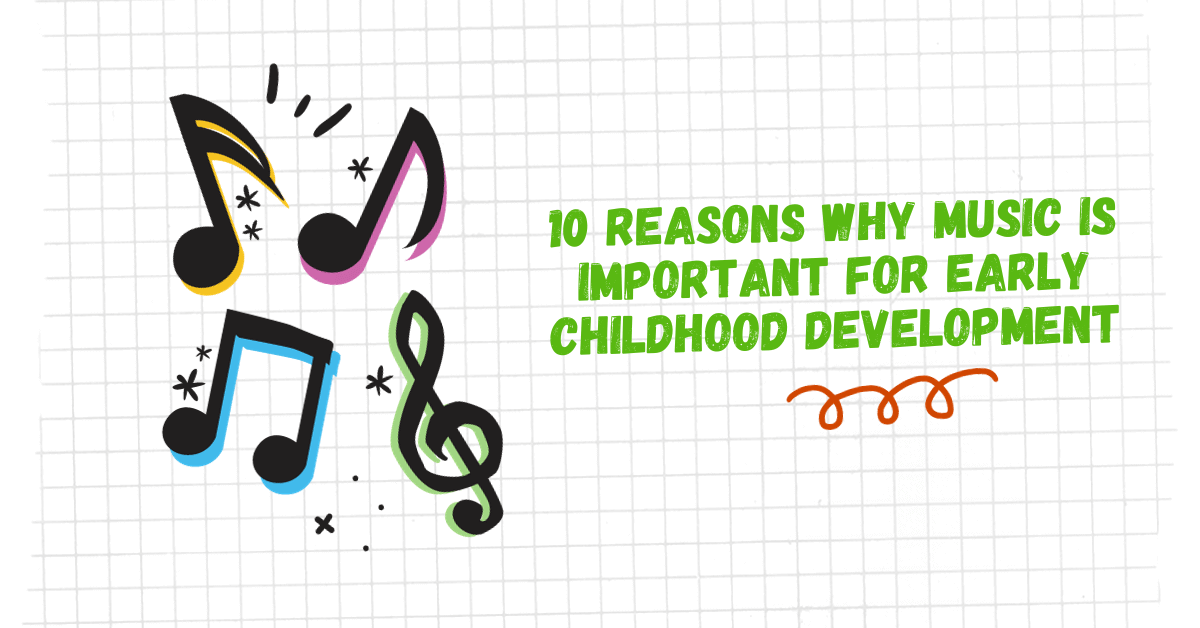Becoming a parent for the first time can be an exciting and rewarding experience, but it can also be challenging and stressful. You may have many questions and doubts about how to care for your newborn and yourself. You may also feel overwhelmed by the changes in your lifestyle and routines. Don’t worry, you are not alone. Many new parents go through similar struggles and emotions.
Here are some tips to help you cope with the joys and challenges of parenthood.
Rest Whenever Your Newborn Sleeps
This is tip number one because it’s the most important. Newborns sleep a lot, but they also wake up frequently for feeding, changing, and cuddling. This means that you may not get enough uninterrupted sleep at night. Lack of sleep can affect your mood, energy, health, and ability to cope with stress. Therefore, it is essential to take advantage of every opportunity to rest when your baby sleeps. Try to nap during the day, even if it’s only for 15 minutes. Don’t worry about the chores or other tasks that need to be done. They can wait until you are more refreshed and alert.
Develop Your Bond
Developing a strong bond with your baby is so important (for both moms and dads). Bonding is the process of forming a deep emotional connection with your child that helps them feel secure, loved, and confident. Bonding can also enhance your baby’s brain development and social skills. There are many ways to bond with your baby, such as:
- Holding and cuddling your baby often
- Making eye contact and smiling at your baby
- Talking, singing, reading, or humming to your baby
- Doing skin-to-skin contact (also called kangaroo care), where you hold your baby in just a diaper on your bare chest
- Responding to your baby’s cues and needs
- Playing with your baby and showing them different objects, sounds, and textures
Properly Soothe Your Baby
Babies cry for many reasons, such as hunger, discomfort, boredom, loneliness, or overstimulation. Crying is their way of communicating their needs and feelings to you. Sometimes it can be easy to figure out why your baby is crying and how to soothe them. Other times it can be frustrating and exhausting to calm a fussy baby. Here are some tips to help you soothe your baby:
- Check if your baby needs a diaper change, feeding, burping, or swaddling
- Rock, bounce, or sway your baby gently in your arms or in a carrier
- Offer your baby a pacifier, toy, or blanket
- Sing or play soothing music or white noise
- Massage your baby’s back, tummy, or limbs
- Take your baby for a walk or a car ride
- Try different positions and locations to see what works best for your baby
Remember that crying is normal and not a sign of bad parenting. Sometimes babies just need to cry to release their emotions. If you feel overwhelmed or angry by your baby’s crying, take a break and ask someone else to help you. Never shake your baby or hurt them in any way.
Look Out for Over-Stimulation
Babies are curious and eager to learn about the world around them. They enjoy seeing new faces, hearing new sounds, and exploring new things. However, too much stimulation can overwhelm their senses and make them irritable or restless. Some signs of overstimulation are:
- Turning away from people or objects
- Closing their eyes or yawning
- Arching their back or stiffening their limbs
- Fussing or crying
If you notice these signs, try to reduce the stimulation by:
- Moving to a quieter or dimmer place
- Lowering your voice or turning off the music
- Limiting the number of people or toys around your baby
- Giving your baby some quiet time alone in their crib or bassinet
Make Plans
Having a newborn can disrupt your normal routines and schedules. You may find it hard to keep track of everything that needs to be done, such as feeding times, doctor appointments, grocery shopping, laundry, etc. Planning ahead can help you stay organized and reduce stress. Here are some ways to make plans:
- Use a calendar or an app to keep track of important dates and events
- Make lists of things you need to do or buy
- Prepare meals in advance and freeze them for later use
- Ask for help from family or friends when you need it
- Set realistic goals and prioritize the most important tasks
Teach Your Newborn a Bedroom Routine
Establishing a consistent bedtime routine can help your baby sleep better at night and nap longer during the day. A good bedtime routine can also signal to your baby that it’s time to wind down and relax. A typical bedtime routine may include:
- Giving your baby a warm bath
- Changing your baby into comfortable pajamas
- Feeding your baby and burping them
- Reading a story or singing a lullaby
- Putting your baby to bed when they are drowsy but awake
Try to follow the same routine every night and start it at the same time. Avoid stimulating activities or distractions, such as TV, phones, or toys, before bedtime. Also, make sure your baby’s room is dark, quiet, and comfortable.
Look After Yourself
Being a parent can be rewarding, but it can also be stressful and exhausting. It is normal to feel overwhelmed, anxious, or depressed at times. However, if these feelings persist or interfere with your daily functioning, you may have postpartum depression (PPD). PPD is a serious condition that affects many new parents, especially mothers. Some symptoms of PPD are:
- Feeling sad, hopeless, or worthless
- Losing interest or pleasure in things you used to enjoy
- Having trouble sleeping or sleeping too much
- Having trouble bonding with your baby or feeling detached from them
- Having thoughts of harming yourself or your baby
If you think you have PPD, seek professional help as soon as possible. PPD is treatable and you are not alone. There are many resources and support groups available for parents with PPD. You can also take some steps to take care of yourself, such as:
- Eating a balanced diet and drinking plenty of water
- Exercising regularly and getting some fresh air
- Getting enough rest and sleep
- Asking for help from family or friends when you need it
- Taking some time for yourself to do something you enjoy
- Joining a parenting class or group to meet other parents and share experiences
Socialize
Having a newborn can make you feel isolated or lonely at times. You may miss your old friends or activities. You may also feel like you don’t have anything in common with other parents. However, socializing can be beneficial for your mental and emotional health. It can also help you learn new skills and tips from other parents. Here are some ways to socialize:
- Stay in touch with your family and friends through phone calls, texts, emails, or video chats
- Invite your family and friends over for a visit or a meal (but don’t feel pressured to entertain them)
- Join an online community or forum for parents with similar interests or challenges
- Attend a local event or activity for parents and babies, such as a playgroup, a library story time, or a music class
Remember that you are not alone in this journey. There are many people who care about you and your baby. Don’t be afraid to reach out and connect with them.
I hope this blog post was helpful for you. If you have any questions or comments, please leave them below. Thank you for reading!
When introducing English to your young child, whether as their primary, secondary, or tertiary language, consider ClubBaby.edu, where education is always enjoyable!










0 Comments